The Jayhawk online MBA experience
As a student of the University of Kansas online MBA program, you're not just a participant in a top-ranked academic experience—you're welcomed into the vibrant community of Jayhawks.
Beyond the digital confines of the classroom, KU offers a mix of experiences and opportunities to help you network and advance your career.
Read on to learn what it means to be a part of KU, familiarize yourself with the array of supportive resources tailored specifically for online students, and learn how KU online students enjoy all of the same benefits as on-ground students when it comes to support and development—in KU’s 100% online top 10 MBA program.1
Video Transcript
Why did you choose the KU online MBA?
I applied to this program because KU is a world-renowned institution. I looked at the curriculum that the online MBAprogram had to offer and the classes looked really interesting and I knew that there was an opportunity for a lot of practical application within my workstream. So that's why I chose KU.
What have you enjoyed most about the program?
I've really enjoyed connecting with other students. Even though it's an online program, I've met a lot of other great people within the cohort as well as within the professor. So they've given me the support I need. I've definitely been broadening my academic exposure as a result and found out ways to incorporate what I'm learning within my practical work streams.
What course has stood out to you so far?
Arunima, who teaches supply chain solutions. I just finished her course. She was phenomenal.
So every week I would attend her office hours and she would broaden the knowledge in terms of what we were learning within the classroom and gave great support. We also had two
opportunities to do an online assessment that kind of puts us into different teams and compete against each other. So that was a great way to broaden upon some of the textbook knowledge we were learning.
How do you think the program is impacting your career?
I think that coming back into school, I really appreciate the academics maybe that the maturity of being an adult has given me. So, I've been in my career for 21 years and coming back into school now. I've found that I've really rediscovered my love for learning. So much so that I'm even now considering applications for a doctorate of business administration because this program has been so instrumental in me rediscovering my love of learning.
What advice would you give to students considering the KU online MBA?
I would definitely recommend if someone is interested in applying to the online KU MBA program that it's never too late to start. So, especially if you've been in the workforce for a while, you have an opportunity to take that practical knowledge and incorporate it within academics, but more so learning from others within the program and from the professors. So, encourage you to just jump right in.
What advice would you give to students who are accepted into the program?
If you were just accepted into the program, first and foremost, congrats and welcome to the Jay-Hawk family. From there, I would say put as much into the program as you want to get out of the program.
So, KU will provide you opportunities to attend an MBA leadership summit?
Absolutely. Take advantage of that. Get to know and take advantage of resources that help you connect with others within your cohort program and take every opportunity to broaden your knowledge and learn from others.
The KU MBA experience speaks volumes
Discover what it’s like to be part of the KU MBA community through the perspective of Rachel Rodriguez Schwab, a KU online MBA student. Hear from Rachel about how KU’s flexible format, supportive faculty, and collaborative learning environment have empowered her to apply new skills at work and reignite her passion for learning.
Careers and networking, Jayhawk style
KU’s online platform offers a seamless blend of immersive learning experiences, comprehensive support services, and unparalleled networking opportunities to help ensure that you excel academically and thrive in your chosen career path.
As a member of KU’s student and alumni community, you’ll be an important member of the storied Jayhawk network and learn from other professionals’ advice, experience, and connections—as you share your own, too.
The Jayhawk Alumni Association provides news updates, event information, exclusive apparel offers, and career networking resources to help you achieve your professional and personal growth goals.
Jayhawk fast facts:
- More than 300,000 Jayhawks worldwide2
- Alumni located across the U.S. and internationally2
- Among alumni, School of Business graduates are the second-most represented academic discipline
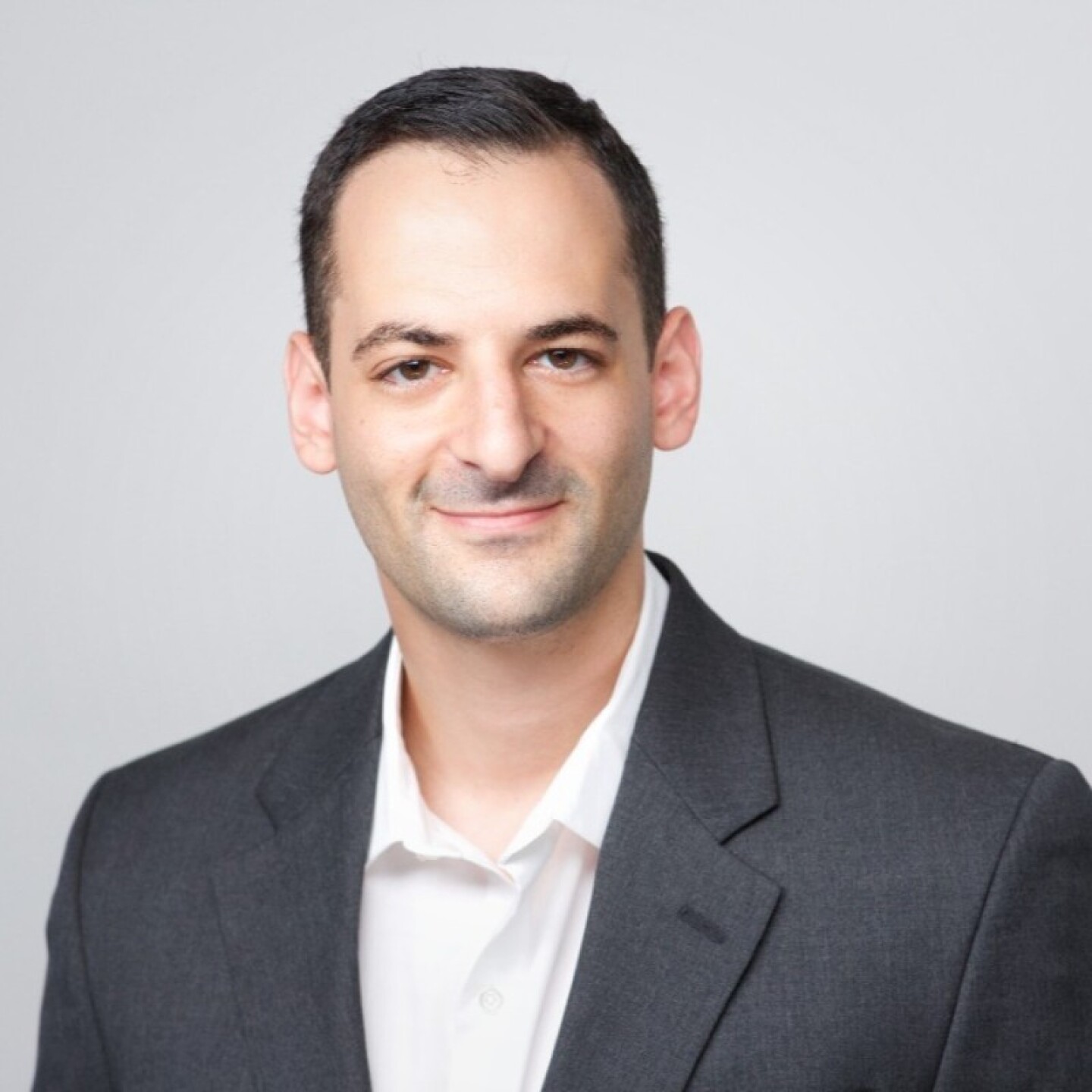
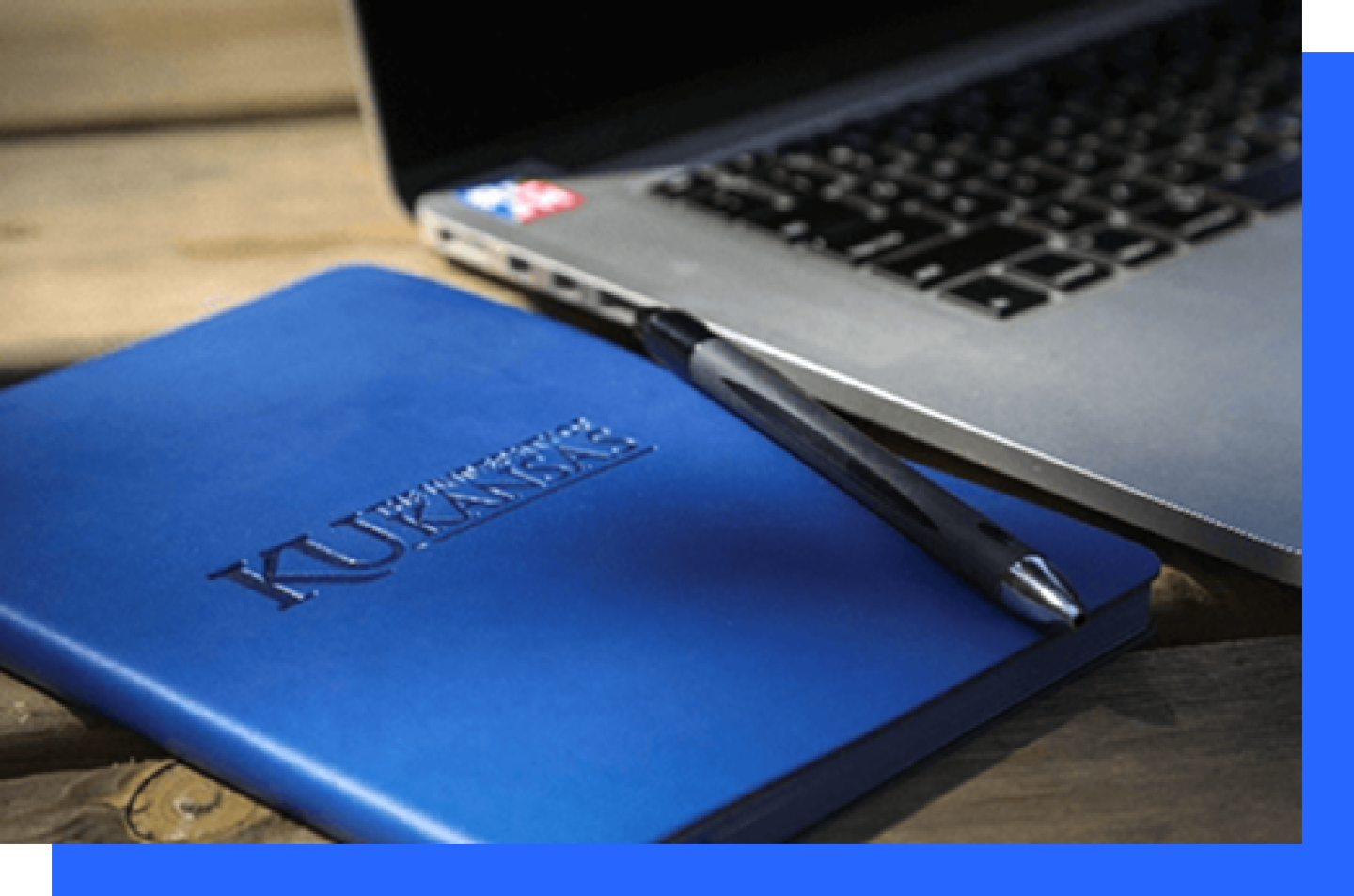
Business career services at your fingertips
Make the most of remote resources that are available through the EY Business Professional Development Program. Gather focused and up-to-date industry data with Career Insider, explore international opportunities with My World Abroad and GoinGlobal, and pitch your candidacy for current openings through HireJayhawks.
Representatives from the KU MBA Career Services office are available to assist business students and graduates in preparing for interviews, cleaning up resumes, and developing productive networking strategies.
Here is a quick list of the exceptional services that help you get more from your KU online MBA:
- BeyondKU
- Jayhawk Ready - Your Path to Career Success
- PathwayU
- HireJayhawks
- KU Mentoring+
- Events
- General Careers Page
- External KU
- Internal Careers Page
- College Office of Graduate Affairs
- Office of Civil Rights & Title IX - Graduate Student Support
- Counseling and Psychological Services (CAPS)
- Watkins Health Services
- Hilltop Child Development Center
- KU Recreation Services
- Graduate International Support Services
- Clubs and Organizations
KU career resources: A closer look
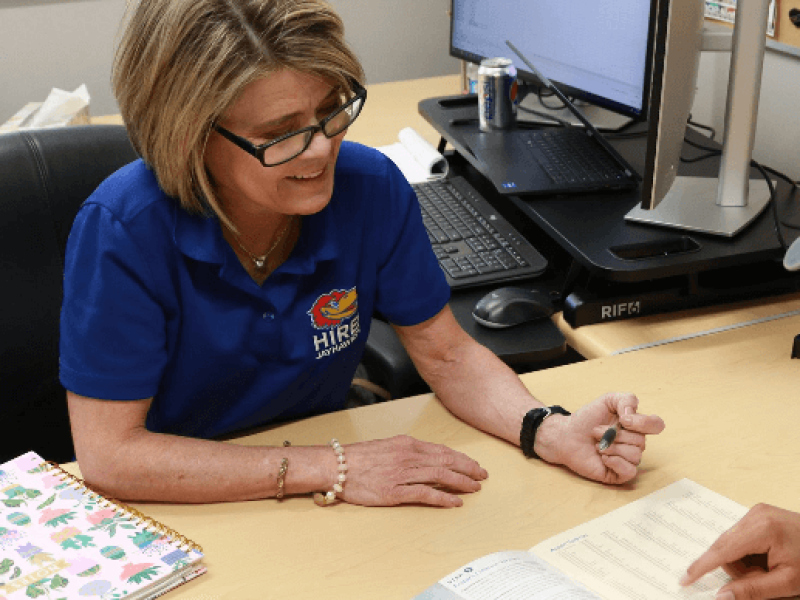
Beyond KU
Explore More
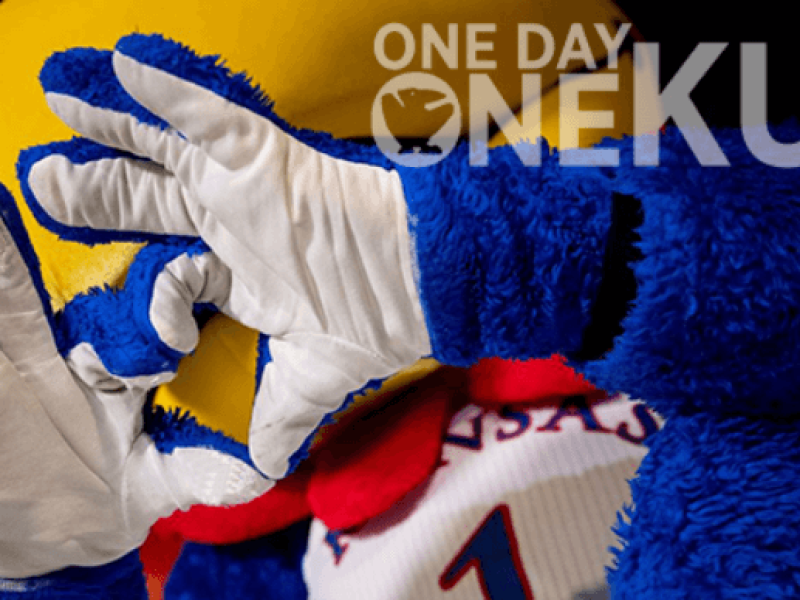
Jayhawk Ready: Your path to career success
Login now
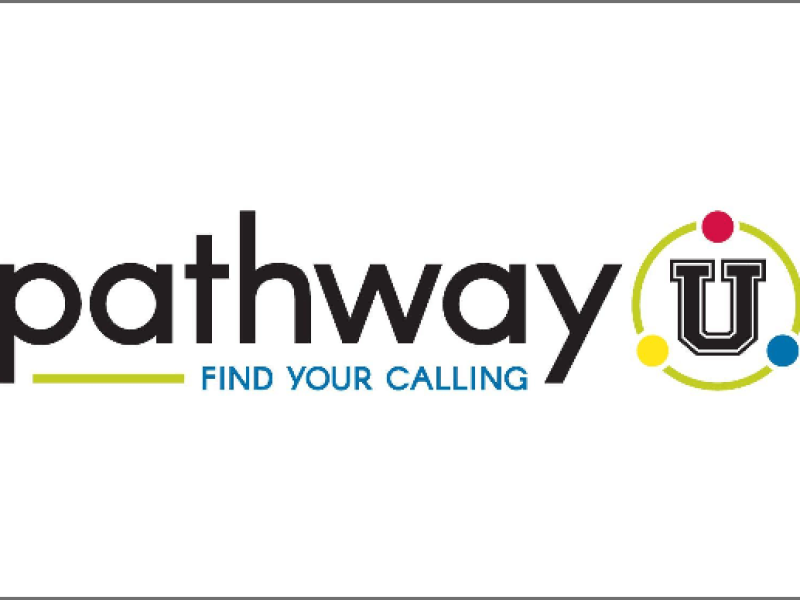
Pathway U
Discover More
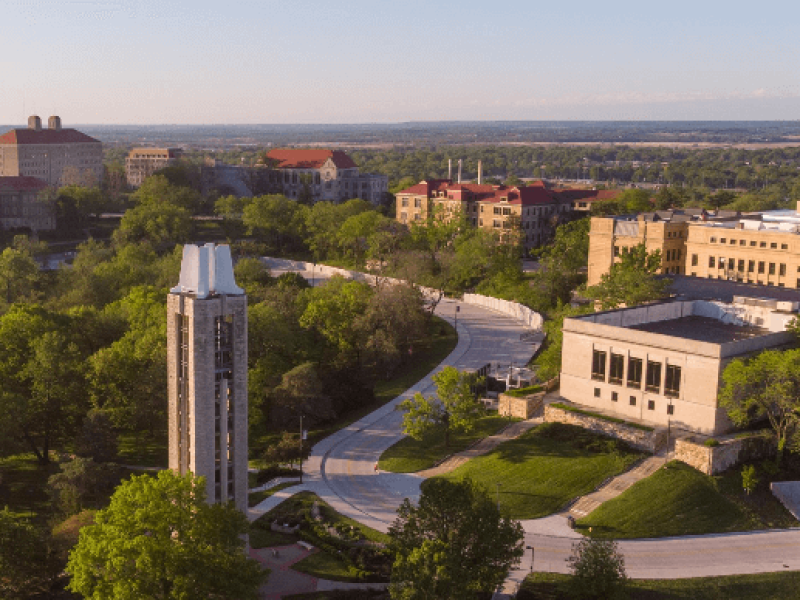
HireJayhawks
Login to HireJayhawks
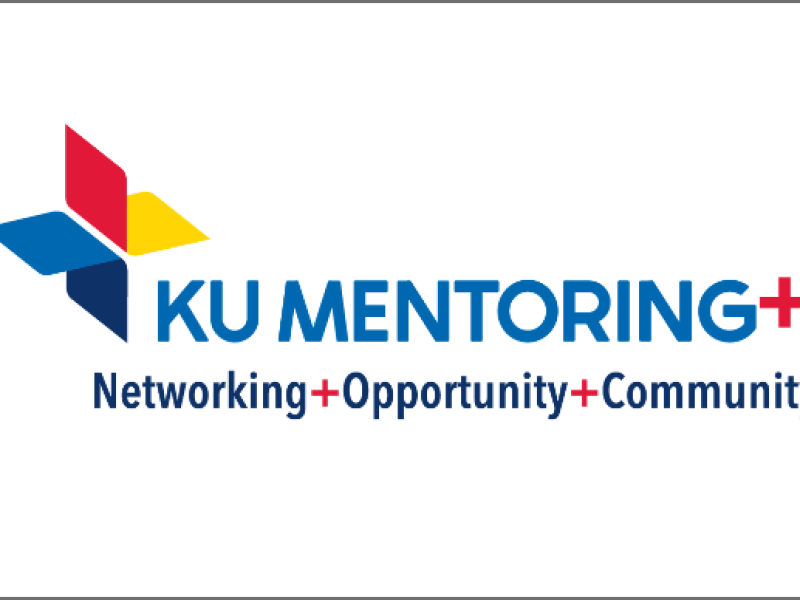
KU Mentoring+
Learn more

Business Career Services events
Learn more
Ready to learn even more?
There’s even more support for you as a Jayhawk through the KU Career Center.
Visit KU’s general careers page to learn more about these additional services and programs available to KU online MBA students:
- Career assessments
- Professional House of Garments
- Career courses
- Career exploration
- Resume Dropbox
- Job Search prep
- Professional headshots
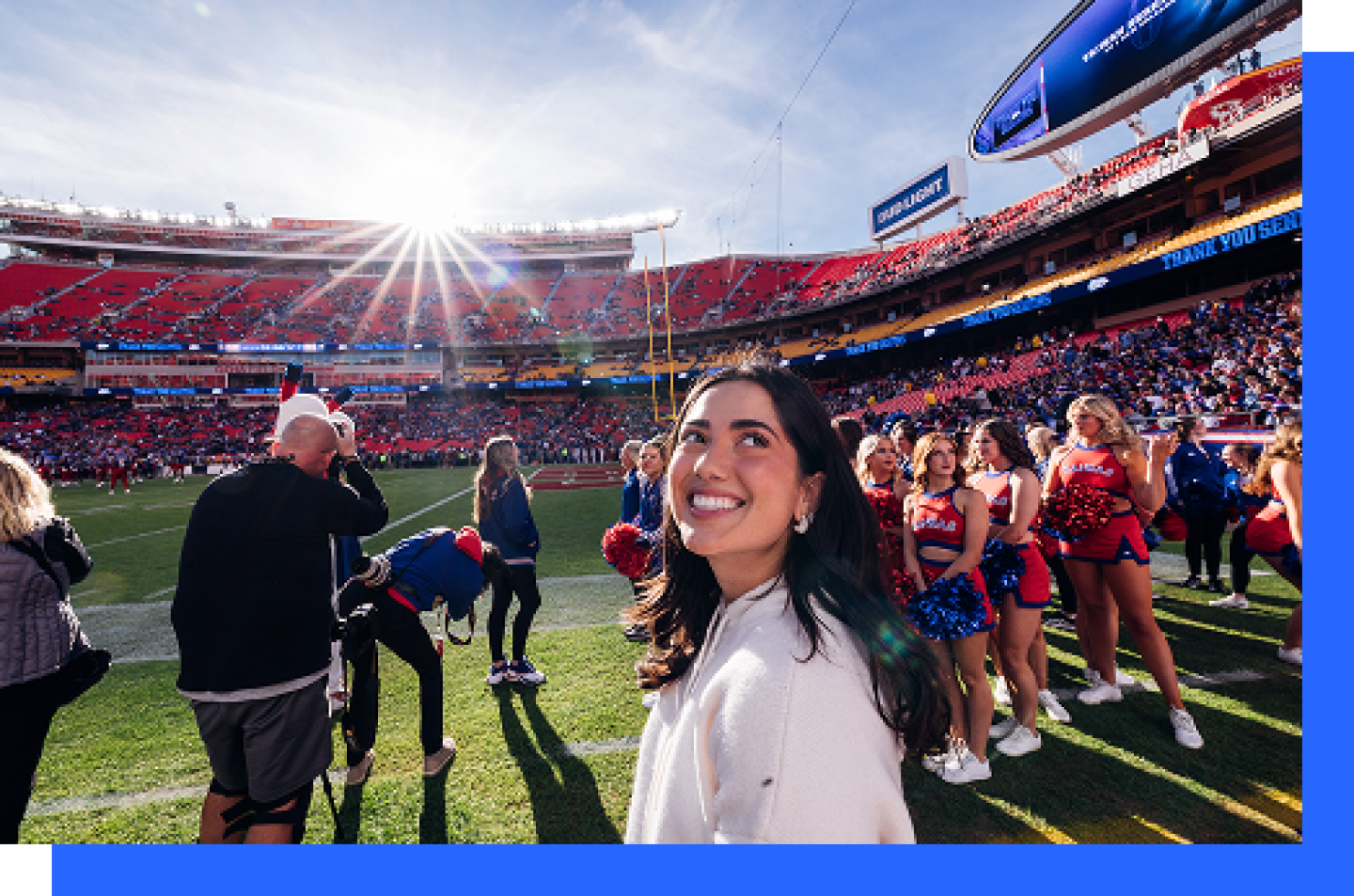
What Jayhawks have said
The KU online MBA program makes it possible for students, particularly those with demanding day jobs, to set their own pace, learn useful skills and succeed academically.
It has enabled me to set myself apart from other applicants in job placement, and it has done worlds of good for me as I took on my new role.
Collaborating with state and local business leaders helped address workforce challenges and opened doors for learning communities.
I was ready to be a part of the Jayhawk family to bring change to my life and my career.
I'm really excited for the future. I'm really excited to now walk through the workplace knowing that I am a graduate of an MBA program—and not just any MBA program—but the University of Kansas’ MBA program.
Make your ascent with the online MBA community
The University of Kansas has mastered the art of building meaningful connections in the digital space. Through interactive learning tools, collaborative projects, and virtual networking events, you'll forge lasting relationships with your online MBA cohort of ambitious professionals, expert faculty, and more than 25,000 KU School of Business alumni, some of whom work at Fortune 500 companies and serve as global industry leaders.* Plus, they're ready to help fellow Jayhawks succeed. Through the KU School of Business network, you'll gain access to:
- ✓ Virtual networking events
- ✓ Mentorship opportunities
- ✓ Career development resources
- ✓ Industry insights and connections
*Based on a limited sample of self-reported data from alumni of the University of Kansas School of Business online MBA program from 2019-2022 graduating cohorts
Broaden your horizons at KU
Complete the form below to receive more information about the program, straight to your inbox.
Graduate student services
The University of Kansas prides itself on providing comprehensive support services tailored to meet the diverse needs of its graduate student community. From academic and career guidance to mental health resources and child care options, KU's array of services aims to enhance the overall student experience and promote success both inside and outside the classroom.
College Office of Graduate Affairs (COGA)
Hilltop Child Development Center
Office of Civil Rights & Title IX
KU Recreation Services
Counseling and Psychological Services (CAPS)
Graduate International Support Services
Watkins Health Services
Clubs and Organizations
Cutting-edge technology for the modern-age MBA
As a KU Jayhawk pursuing your online MBA, you deserve the best tools and resources to support your growth and learning journey.
That's why the University of Kansas offers a range of cutting-edge tech resources designed to enhance your online learning experience and empower you to succeed. Innovative platforms like Canvas and Module Zero, combined with KU's team of highly credentialed faculty and dedicated support staff, provide the ongoing support online students need to thrive.
Additionally, KU’s responsive tech support ensures any technical challenges are swiftly addressed, allowing you to focus on what matters most—your education and advancement.
- Canvas
- Module Zero
- Highly credentialed faculty
- Admissions outreach advisors
- Student success coordinators
- Tech support
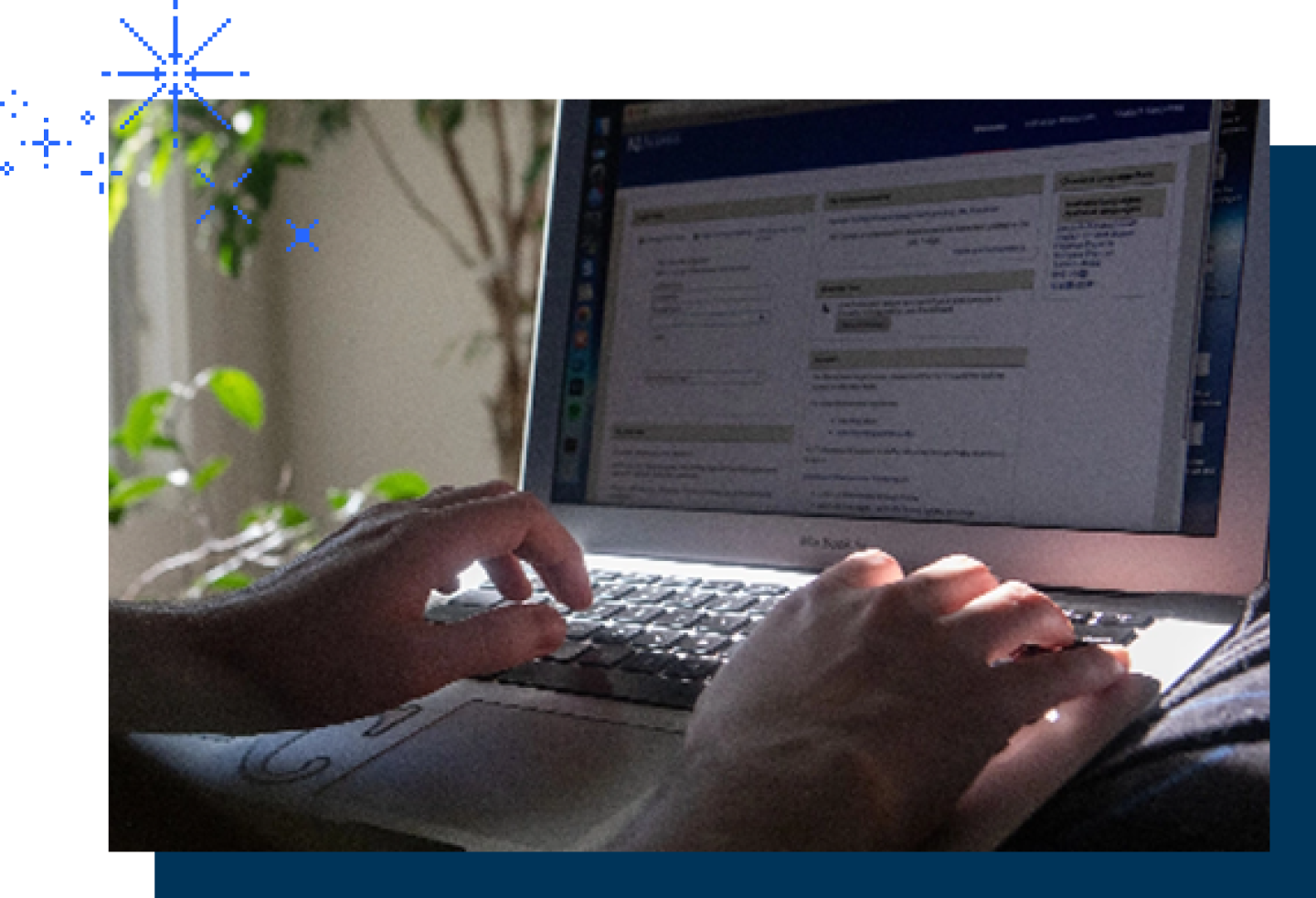
KU excellence. Online learning convenience.
Unlike some other online MBA programs, KU’s online MBA is conducted entirely virtually, eliminating any in-person obligations. Unlock your competitive edge in the business world with an affordable and convenient Jayhawk online MBA and gain:
- Round-the-clock coursework access
- Flexibility to attend classes from anywhere
- Prompt responses from instructors
- Engage in discussion groups with classmates from around the globe
- Receive instant progress updates
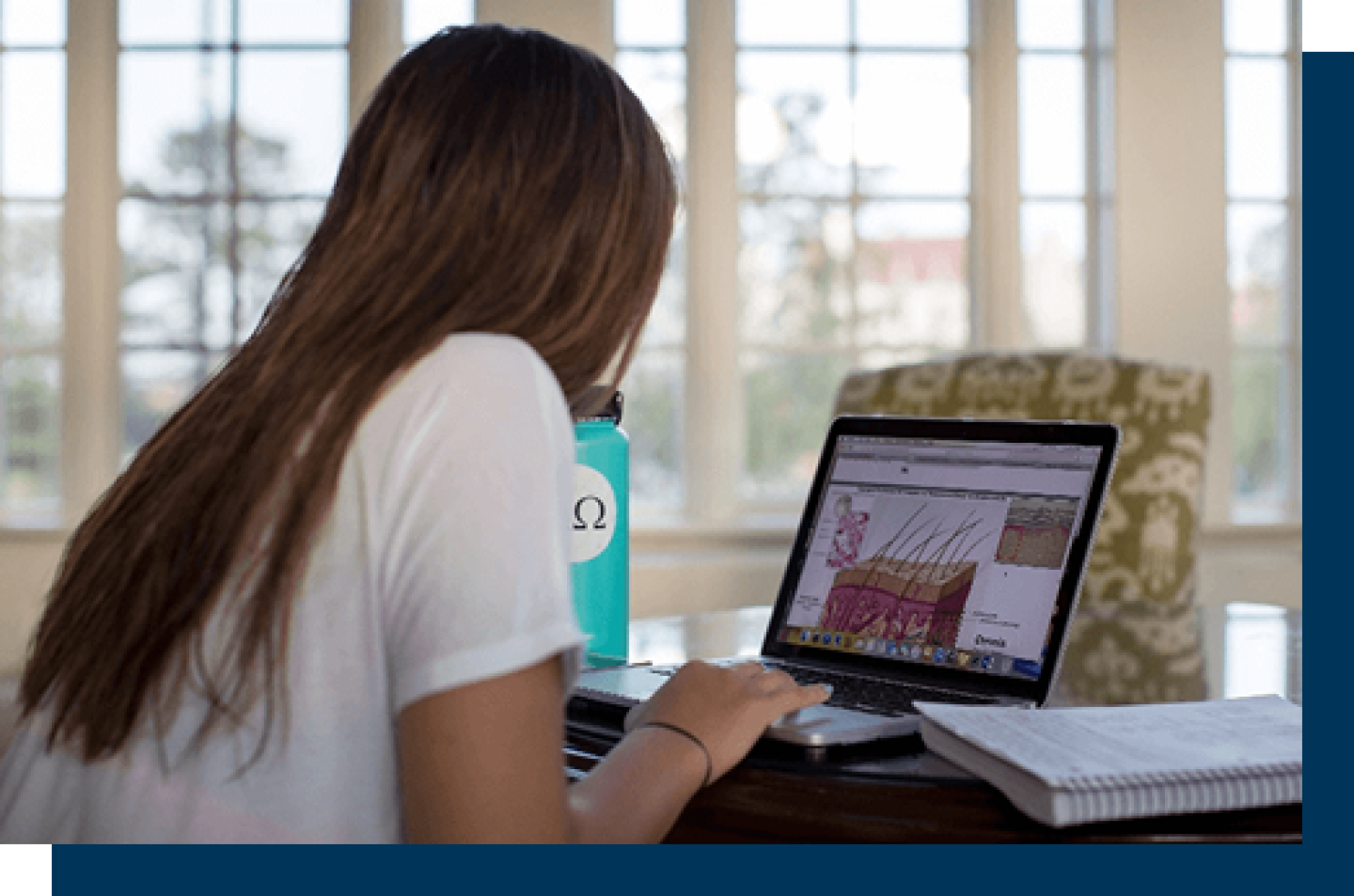
Why earn your online MBA at KU’s School of Business?
You deserve more than just a diploma.
A top 10 online MBA from the University of Kansas isn't just a degree—it's a gateway to lucrative opportunities.1
Many students come to the KU online MBA program at the University of Kansas School of Business seeking career advancement in the dynamic and evolving business field, as well as a premier Master of Business Administration education. KU offers both.
According to the Financial Times, digital technology, including online networking resources, is becoming increasingly important for MBA networking.3
With a network of over 25,000 Jayhawk alumni and online resources that facilitate genuine and face-to-face interactions, the KU School of Business helps you create invaluable connections that will last a lifetime.

Your educational edge to diverse career paths
The University of Kansas online MBA program opens doors to a multitude of industries, including:
- Healthcare
- Media
- Marketing
- Financial services
- Government agencies
- Architecture
- Technology
- Science
- Educational services
More ways to make Jayhawk career connections for life

Get flash mentoring online
Learn More
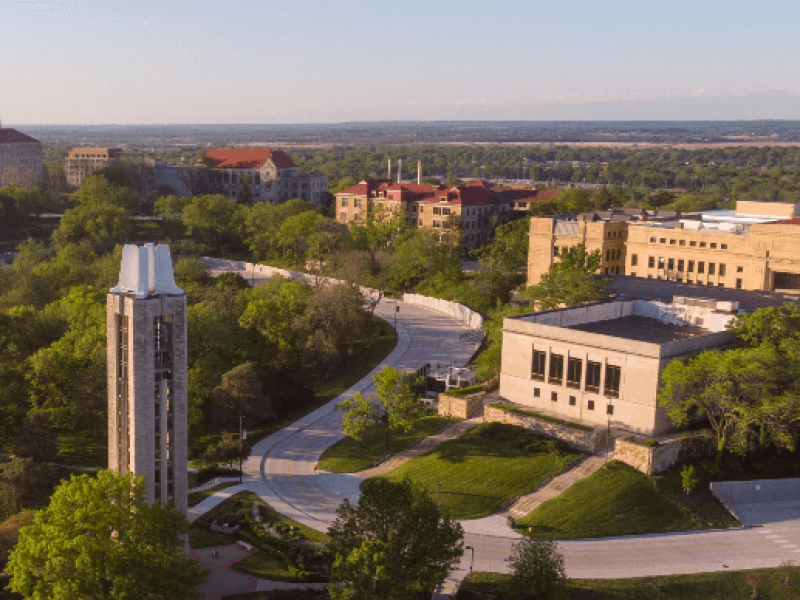
Study abroad for career growth
Learn More
Have more questions?
New horizons await
Ready to join the next cohort of business leaders? The KU online MBA offers three starts per year, making it easier to begin your journey when the time is right for you.
- Retrieved on January 25, 2025, from usnews.com/education/online-education/university-of-kansas-OBUS0696/mba
- Retrieved on April 8, 2025, from kualumni.org/corporate-partners/demographics-profiles
- Retrieved on March 2, 2024, from ft.com/content/88897f3a-33a1-11ea-a329-0bcf87a328f2

